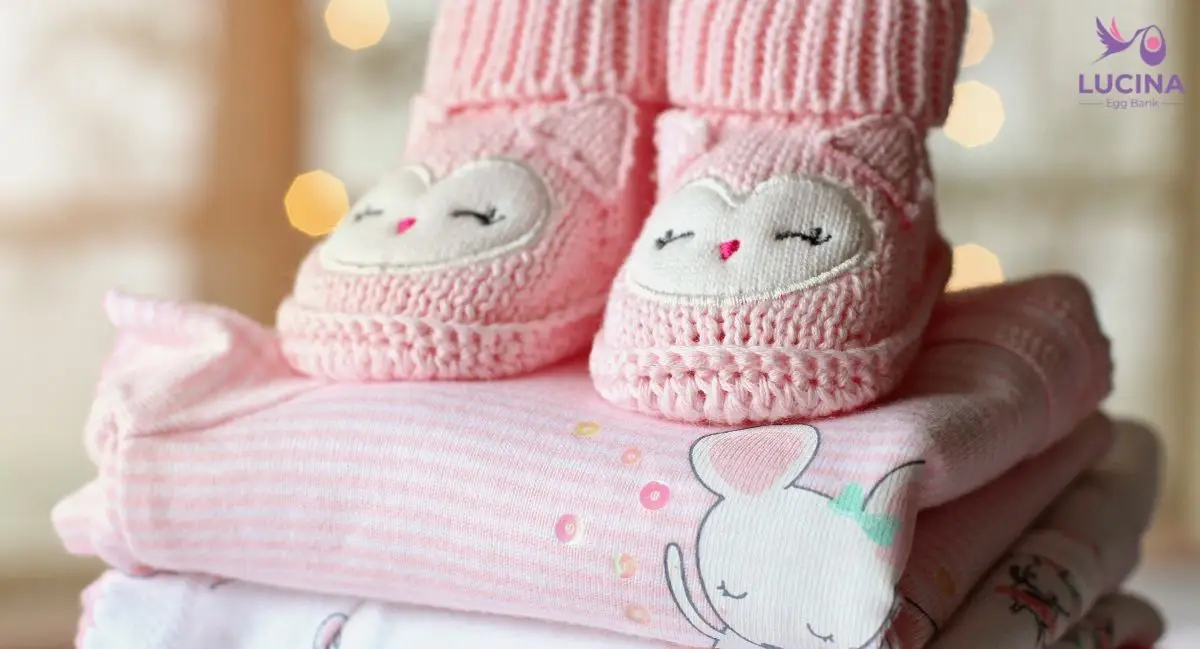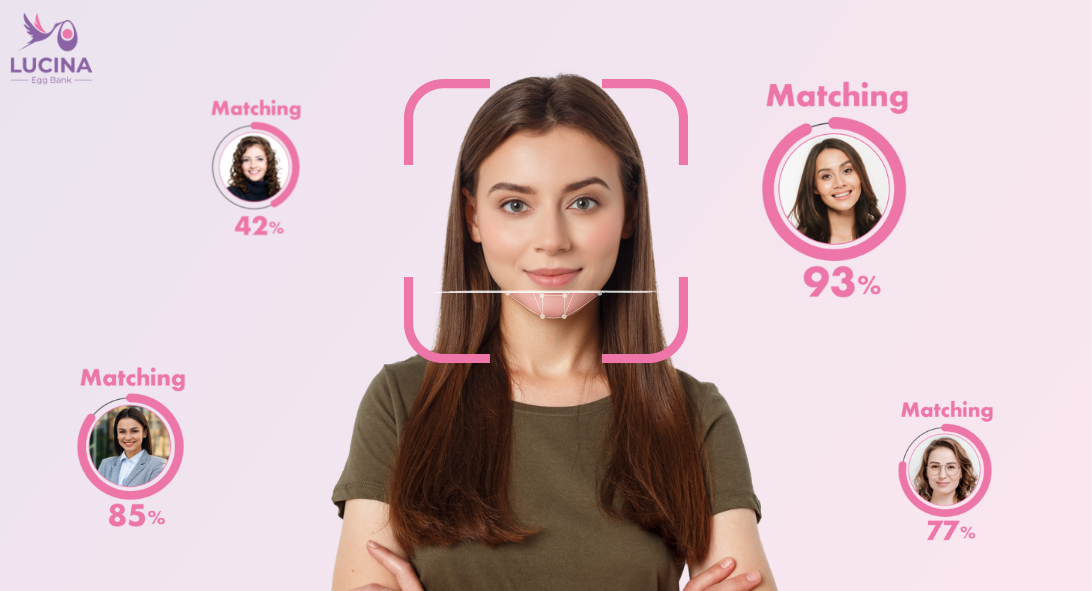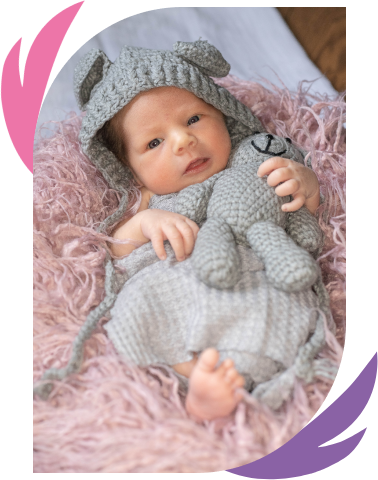
Starting the journey to parenthood when looking for an egg donor represents a profoundly personal and pivotal choice for numerous individuals and couples. As you embark on this path, the process of choosing an egg donor entails a delicate equilibrium of medical, genetic, and individual factors. Whether you are checking the donor’s medical background, confirming genetic harmony, or harmonizing with personal inclinations, each stage profoundly influences the trajectory toward family formation.
Things to Consider in a Donor Egg
Genetic Compatibility:
Ensuring genetic compatibility between the donor and the prospective father or sperm donor is imperative for minimizing the risks of inherited conditions or diseases. This aspect demands careful consideration when looking for an egg donor.
Fertility Status:
The reproductive history of a donor, including any prior pregnancies, can serve as a valuable indicator of reproductive health and egg viability. As such, proven fertility is a significant consideration for Intended Parents. Irrespective of past pregnancies, all donors receive fertility treatments to be ready for the egg retrieval process. These treatments are vital in stimulating the donor’s ovaries to yield multiple mature eggs for retrieval and potential fertilization. Even in cases where a donor hasn’t been pregnant before, these treatments are pivotal in priming the ovaries and ensuring the generation of top-quality eggs.
Medical Background:
Assessing the medical history of an egg donor is a foundational step in the selection process. It involves thorough testing to ensure donors meet stringent health criteria. When working with egg banks, Intended Parents receive full access to extensive medical records, enabling them to verify the donor’s health status and ensure the absence of any genetic or reproductive issues.
Age Factor:
Maximizing the likelihood of conception and healthy outcomes is a top priority in our donor selection process. We understand that youth is often associated with increased chances of successful pregnancies. At Lucina Egg Bank, our donor pool is carefully curated to include individuals aged between 18 and 31. By focusing on this age group, we aim to enhance the overall success rates of assisted reproduction procedures when looking for an egg donor.
Legal and Ethical Assurance:
Upholding legal and ethical standards throughout the egg donation journey is paramount. Reputable egg banks like Lucina Egg Bank provide extensive legal support, offering assurance to both Intended Parents and donors. This support guarantees the integrity and transparency of agreements, protecting parental rights and obligations. From drafting contracts to navigating legal intricacies, Lucina Egg Bank ensures comprehensive assistance, guiding all parties through each stage of the process with confidence and transparency.
Physical Traits:
For many Intended Parents, finding an egg donor who shares physical resemblances with themselves or their families is a top priority. To cater to this preference, our donor profiles offer a comprehensive array of visual information. This encompasses not just present-day photos but also childhood snapshots, offering insight into the donor’s growth. Furthermore, donors share specifics like height, weight, eye color, and hair color, empowering Intended Parents to make informed choices matching their desired aesthetic. At Lucina, our donors furnish various visual details, including childhood and current photos, as well as specifics like height, weight, eye color, and hair color.
We also have available Lucina ReflEggction, who introduced a groundbreaking donor-matching process in the US. This pioneering method utilizes an advanced facial recognition algorithm based on phenotypic traits and biometric scanning. By analyzing various facial features, it identifies donors from our database who bear a striking resemblance to the Intended Parents.
Screening Process:
Working with esteemed egg banks ensures a thorough screening process, effectively minimizing potential risks and ensuring the suitability of the selected donor. This collaborative effort cultivates confidence and trust among all stakeholders embarking on the egg donation journey.
Personality and Principles:
Assessing the donor’s personality and values is vital for a meaningful bond. Though fully gauging these traits can be complex, interviews or questionnaires often yield valuable insights. Donor profiles provide a thorough snapshot of the donor’s character, assisting Intended Parents in making well-informed choices.
Educational Background:
For certain families, the donor’s educational background and intellectual prowess hold significant importance. Such information is readily available in donor profiles, catering to families with specific preferences.
Motivation Behind Donation:
Examining the motivations that lead a donor to donate eggs can provide valuable insights into their character and altruistic nature. Genuine altruism often resonates with the goals of Intended Parents who seek donors who are genuinely committed to aiding others in creating their families.
Selecting a donor egg involves considering various factors, from medical prerequisites to individual preferences and ethical standards. By teaming up with reliable experts, hopeful parents can set their path to parenthood with assurance and positivity. Opting for a respected egg bank such as Lucina Egg Bank offers access to a wide array of vetted donors and guarantees legal assistance every step. With expert assistance, Intended Parents can be assisted through the complexities of the egg donation process with assurance, knowing that their choices are rooted in expertise and a commitment to ethical standards.















